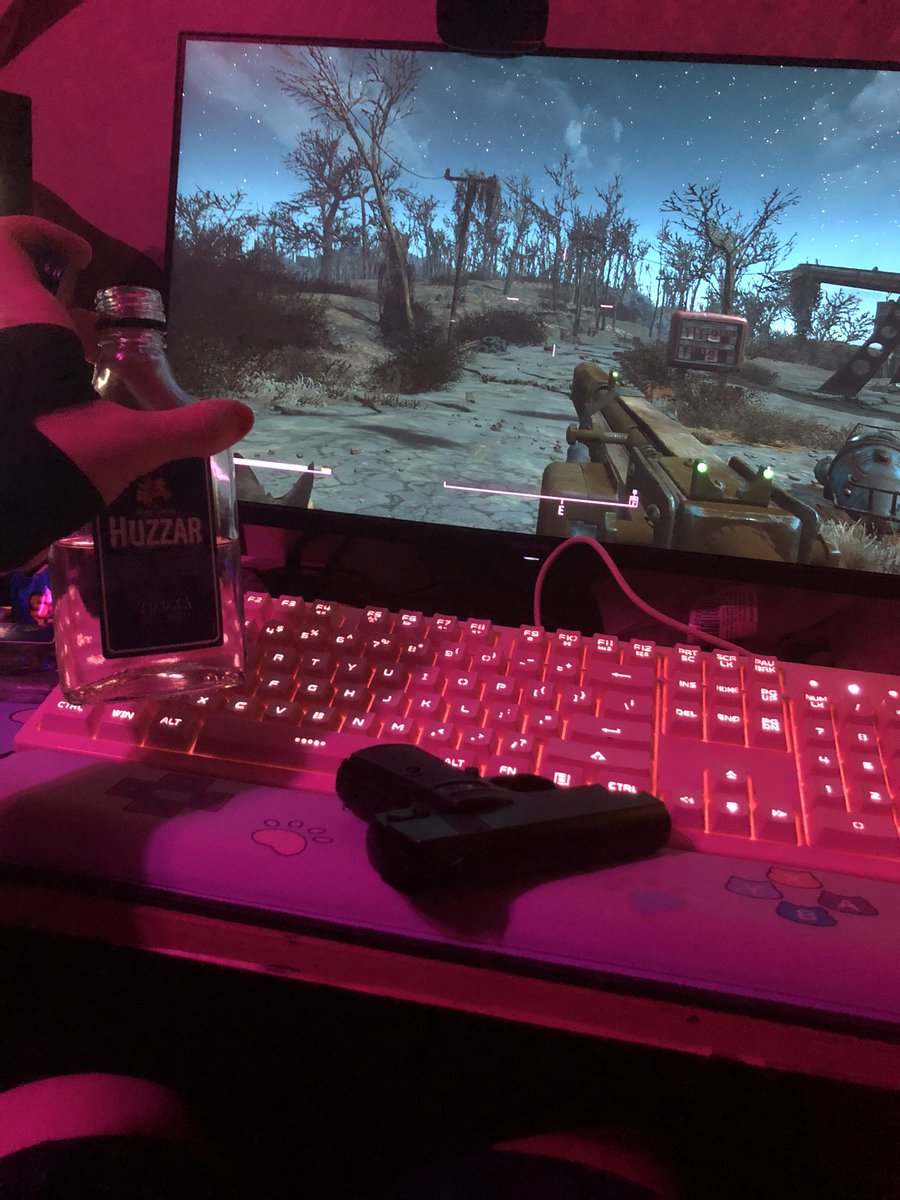Drunk gay sotwe is a term that has been gaining attention in recent years, particularly in discussions surrounding LGBTQ+ culture, alcohol consumption, and its impact on social behaviors. This phrase, while seemingly straightforward, carries complex meanings that intertwine with societal norms, personal identities, and cultural expressions. In this article, we will explore the nuances of this term and its implications in various contexts.
The topic of drunk gay sotwe delves into the intersection of alcohol and LGBTQ+ identity, shedding light on how these elements interact within social settings. For many in the LGBTQ+ community, nightlife and social gatherings often serve as spaces for self-expression, connection, and celebration. However, the role of alcohol in these environments can be both empowering and challenging, warranting a deeper understanding of its effects.
This article aims to provide an in-depth analysis of drunk gay sotwe, covering its cultural significance, potential risks, and strategies for responsible engagement. By the end of this guide, readers will gain valuable insights into the dynamics of alcohol use within LGBTQ+ communities and how it shapes individual and collective experiences.
Read also:Teenxy Teens A Comprehensive Guide To Understanding And Navigating Teenage Life
Table of Contents
- Biography and Background
- Cultural Impact of Drunk Gay Sotwe
- Alcohol and LGBTQ+ Identity
- Potential Risks and Challenges
- Benefits of Social Gatherings
- Key Statistics and Research
- Strategies for Responsible Engagement
- Community Support and Resources
- Future Directions and Opportunities
- Conclusion and Call to Action
Biography and Background
Who Are the Key Figures?
While "drunk gay sotwe" is not tied to a specific individual, it reflects broader trends within LGBTQ+ communities. To better understand its context, it is essential to examine the cultural and historical influences that have shaped these dynamics. Key figures in LGBTQ+ advocacy and nightlife culture have played significant roles in promoting awareness and fostering safe spaces for community members.
Overview of LGBTQ+ Nightlife
LGBTQ+ nightlife has long been a cornerstone of community building and self-expression. Bars, clubs, and events provide opportunities for individuals to connect with others who share similar identities and experiences. These spaces have evolved over time, adapting to changing societal attitudes and technological advancements.
| Name | Role | Contribution |
|---|---|---|
| RuPaul Charles | Entertainer and Advocate | Popularized drag culture and LGBTQ+ visibility |
| Harvey Milk | Politician and Activist | Promoted LGBTQ+ rights and community empowerment |
| Marsha P. Johnson | Activist and Community Leader | Pioneered advocacy for transgender rights and safe spaces |
Cultural Impact of Drunk Gay Sotwe
Exploring LGBTQ+ Social Norms
Drunk gay sotwe highlights the cultural norms surrounding alcohol consumption within LGBTQ+ communities. These norms often reflect broader societal attitudes toward drinking, but they are also influenced by the unique challenges and opportunities faced by LGBTQ+ individuals. Social gatherings provide a platform for self-expression, but they can also reinforce certain behaviors that may not align with personal values.
Intersectionality and Representation
Intersectionality plays a crucial role in understanding the diverse experiences of LGBTQ+ individuals. Factors such as race, gender identity, and socioeconomic status intersect with sexual orientation, shaping how people engage with nightlife and alcohol. Ensuring representation and inclusivity in these spaces is vital for fostering a welcoming environment for all community members.
Alcohol and LGBTQ+ Identity
How Alcohol Shapes Identity
Alcohol consumption can influence how individuals perceive and express their identities. For some, drinking may serve as a form of liberation, allowing them to embrace their authentic selves in social settings. However, excessive alcohol use can also lead to negative consequences, such as impaired judgment and risky behaviors.
Empowerment vs. Vulnerability
While alcohol can empower individuals to connect with others and celebrate their identities, it can also increase vulnerability to harm. Understanding the balance between empowerment and vulnerability is essential for promoting healthy relationships with alcohol within LGBTQ+ communities.
Read also:Viviana Macouzet Unveiling The Life And Achievements Of A Rising Star
Potential Risks and Challenges
Health Implications
Excessive alcohol consumption poses significant health risks, including liver damage, addiction, and mental health issues. LGBTQ+ individuals may face additional challenges, such as stigma and discrimination, which can exacerbate these risks. Addressing these concerns requires a comprehensive approach that incorporates education, support, and access to resources.
Social and Legal Considerations
Drunk gay sotwe raises important questions about social and legal implications. Laws governing alcohol consumption vary by region, and LGBTQ+ individuals may encounter unique challenges when navigating these regulations. Advocacy efforts are essential for ensuring that policies reflect the needs and rights of all community members.
Benefits of Social Gatherings
Building Connections
Social gatherings, including those involving alcohol, provide opportunities for individuals to build meaningful connections with others. These interactions can foster a sense of belonging and support, which are critical for mental and emotional well-being. Encouraging positive social behaviors is key to maximizing the benefits of these events.
Celebrating Identity
Drunk gay sotwe can serve as a celebration of LGBTQ+ identity and culture. These moments of joy and self-expression remind us of the progress made in achieving equality and acceptance. By honoring our shared history and values, we can continue to advance the cause of LGBTQ+ rights.
Key Statistics and Research
Alcohol Use in LGBTQ+ Communities
Research indicates that LGBTQ+ individuals are more likely to engage in alcohol consumption compared to their heterosexual counterparts. A study published in the Journal of Studies on Alcohol and Drugs found that 28% of LGBTQ+ respondents reported heavy drinking, compared to 19% of non-LGBTQ+ individuals. These statistics underscore the need for targeted interventions and support systems.
Impact on Mental Health
Alcohol use can have a profound impact on mental health, particularly for LGBTQ+ individuals who may face additional stressors. According to a report by the National Alliance on Mental Illness (NAMI), LGBTQ+ people are almost three times more likely than others to experience a mental health condition such as major depression or generalized anxiety disorder. Addressing these disparities requires a holistic approach that addresses both mental health and substance use.
Strategies for Responsible Engagement
Promoting Moderation
Encouraging moderation is a key strategy for responsible alcohol consumption. Educating individuals about the risks associated with excessive drinking and providing alternatives to alcohol can help reduce harm. Community organizations and advocacy groups play an important role in promoting these messages through workshops, campaigns, and other initiatives.
Creating Safe Spaces
Ensuring that social gatherings are safe and inclusive is essential for fostering positive experiences. Establishing clear guidelines and protocols for behavior, as well as providing support for individuals who may feel unsafe, can help create environments where everyone feels welcome and respected.
Community Support and Resources
Access to Resources
Access to resources such as counseling services, support groups, and educational materials is vital for addressing the needs of LGBTQ+ individuals. Organizations like PFLAG, The Trevor Project, and GLAAD offer valuable resources and support for community members seeking assistance with alcohol-related concerns.
Advocacy and Education
Advocacy and education are essential components of promoting healthy relationships with alcohol within LGBTQ+ communities. By raising awareness about the risks and benefits of alcohol consumption, we can empower individuals to make informed decisions that align with their values and goals.
Future Directions and Opportunities
Innovative Approaches
As technology continues to evolve, innovative approaches to addressing alcohol use within LGBTQ+ communities are emerging. Virtual support groups, mobile apps, and online resources offer new ways to connect with individuals and provide support. Embracing these advancements can help expand access to services and improve outcomes for community members.
Collaboration and Partnerships
Collaboration between community organizations, researchers, and policymakers is essential for advancing the cause of LGBTQ+ rights and well-being. By working together, we can develop comprehensive strategies that address the unique needs and challenges faced by LGBTQ+ individuals in relation to alcohol use.
Conclusion and Call to Action
Drunk gay sotwe represents a complex intersection of LGBTQ+ identity, cultural norms, and alcohol consumption. Understanding its implications requires a nuanced approach that acknowledges both the benefits and challenges associated with these dynamics. By promoting responsible engagement, creating safe spaces, and advocating for change, we can foster a more inclusive and supportive environment for all community members.
We invite readers to share their thoughts and experiences in the comments section below. Your feedback is invaluable in helping us continue to explore and address the important issues surrounding drunk gay sotwe. Additionally, we encourage you to explore other articles on our site that delve into related topics and provide further insights into LGBTQ+ culture and advocacy.

